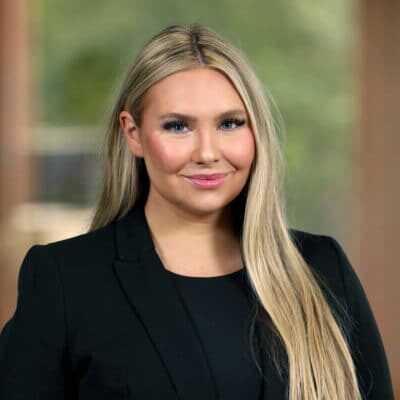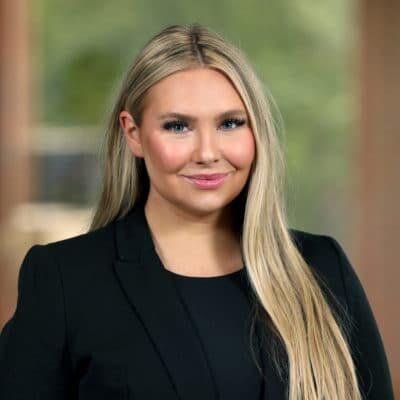On Feb. 1, 2021, the state of Iowa expanded its COVID-19 vaccine eligibility to include those 65 and older. Previously, only health care workers were eligible to receive the sought-after COVID-19 vaccine. As expected, thousands of Iowans 65 and older immediately began to seek further information on how they were to receive the vaccine. Many quickly learned that the only way to do so was to book an appointment online with the various entities who have the vaccine (local health departments, pharmacies and some primary care providers, for example). Unfortunately, numerous individuals in our state do not have access to the Internet or lack the technical savvy required to navigate all of the various ways in which one can acquire a vaccine appointment.

Almost as quickly as the need arose, the Polk County Health Department implemented a solution.
Carefully spaced-out telephones and computers, with styrofoam barriers surrounding each individual station, were set up at the Polk County River Place in Des Moines. A team of lead nurses now oversee a Polk County Health Department COVID-19 Vaccine Call Center, dedicated to assisting those 65 and older without computer/Internet access. Volunteers are in place Monday through Friday from 8 a.m. to 5 p.m. As partners working together to keep our community healthy, the Polk County Health Department and Des Moines University staffed the call center with volunteers. From PRN nurses to DMU medical and health science students and employees, they are helping meet the need in our community.
As a Des Moines University employee myself, I decided to take an afternoon away from my typical job duties and give back at the call center. Thanks to the University’s Community Service Leave benefit, I was able to volunteer during a work day (after gaining supervisor approval). This leave time is an institutional commitment DMU makes to our community. As I prepared to take my afternoon away from the office, I would be lying if I told you I was not apprehensive and a bit nervous. I knew the individuals who would be calling were fighting for their lives by trying to get the vaccine. I wondered if I could truly help them. Despite my uncertainties, I wanted to try.
I showed up promptly at 11:50 a.m., ready for my noon start time. I was greeted by a joyful nurse who was excited, and probably relieved, that I had shown up for my scheduled shift. The weather had been below zero that day and a few days prior. She told me some volunteers had been unable to make their shifts due to their cars not starting in the bitter cold.
The shifts are designed so there is a one-hour overlap, noon to 1 p.m., to ensure those leaving can train those coming in. To my surprise, I was greeted by a familiar face in the call center, as the nurse was walking me around. One of the University’s family medicine clinicians was finishing up her morning shift. She offered to train me, which allowed the nurse to attend to other incoming afternoon volunteers. She diligently explained the process and what to expect from callers. I asked her about all possible scenarios I had envisioned, and she easily addressed them all. After about 10 minutes, I felt ready to take my first call. We decided she would stay near me to assist if I had any issues or questions. Of course, on the first call I was asked a question I was unsure about. Thankfully, I was able to place the older adult on hold and ask my trusty trainer. She knew just the answer and also directed me to the exact page the answer was on in the binders that are placed at each work station. After taking a few more calls with her by my side and successfully meeting the needs of all my callers, I was ready to go off on my own. I felt confident knowing most any answer I would need to provide would be located in my binder. Additionally, I was very comfortable with placing callers on hold and knew I could reach out to a lead nurse if needed (yes, I did end up doing this once).
After a few hours of answering calls, I began to dread any downtime I had between the calls. It was so fun and rewarding to speak with these community members and offer them some hope! I found that so many of them were just so relieved to finally talk to a real person. Many had been trying for weeks to call local pharmacies with no luck. Although there is still a larger demand for vaccines than there are actual vaccines, this call center is getting us one step closer to getting our community vaccinated.
If you are reading this as a Des Moines University student or employee, I highly encourage you to take some time from your usual routine and sign up to volunteer. Just one shift can make a huge difference. You are needed here, and if you are anything like me, you won’t want the calls to stop.
The volunteer sign-up can be found on Pulse, DMU’s internal website. Questions? Contact DMU’s community and public relations manager at community@dmu.edu.

